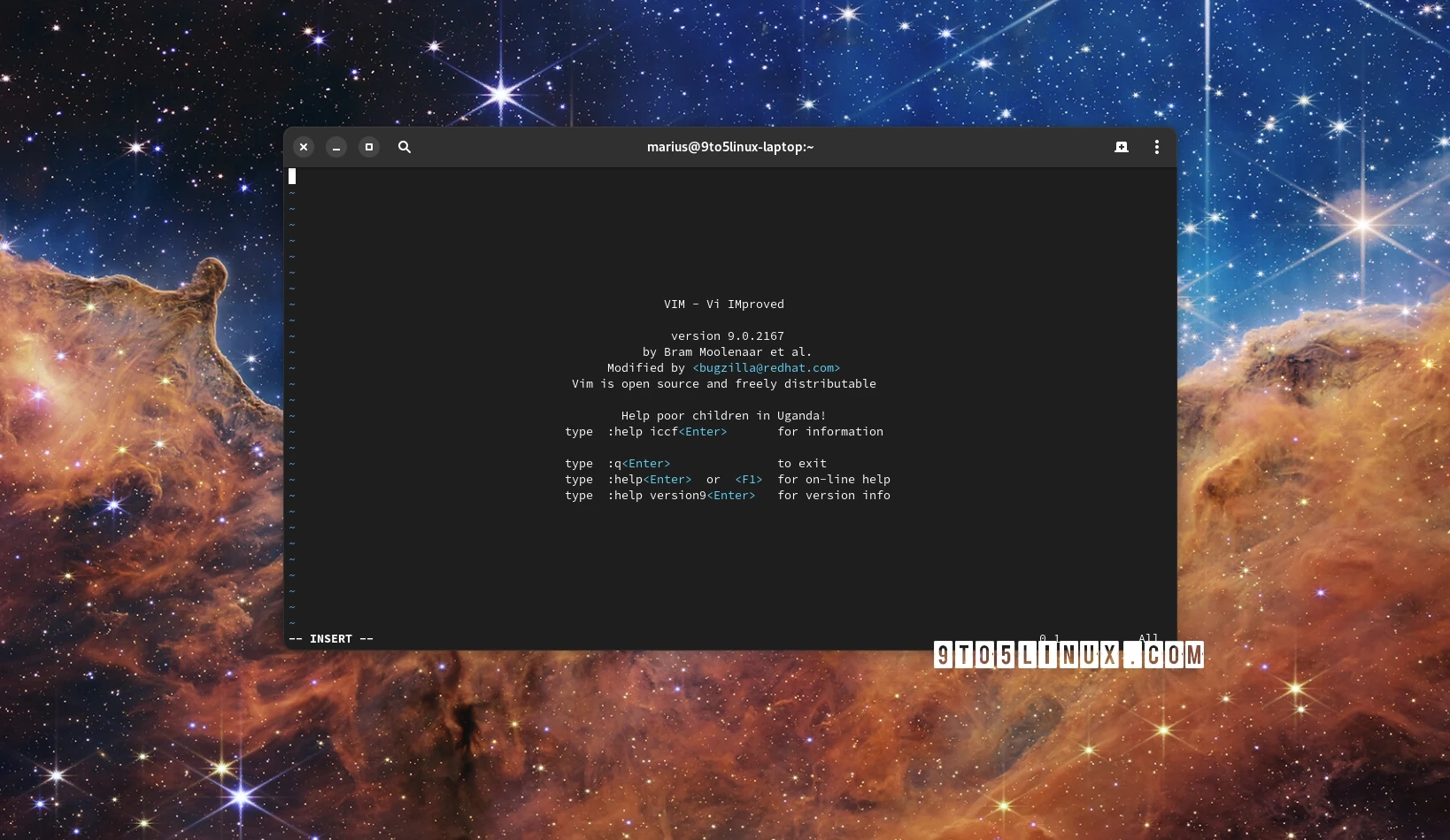Vim, the open-source and highly configurable text editor, has been updated to version 9.1, a release that mainly fixes numerous bugs but also introduces a few new features and improvements.
Vim 9.1 comes one and a half years after the major Vim 9.0 release and implements a handful of new features like smooth scroll support, a new :defer command to help clean up a function, support for adding virtual-text to a buffer, as well as support for Vim9 classes and objects for the Vim9 scripting language.
This release, which is dedicated to the late Bram Moolenaar, also updates the xxd command that lets you transform a file in Vim to a hex representation to support color output and allow users to reverse bit dumps.
“This release is dedicated to Bram Moolenaar, Vim’s lead developer for more than 30 years, who passed away half a year ago. The Vim project wouldn’t exist without his work!” reads the release announcement.
Vim has been updated for the OpenVMS multi-user, multiprocessing, and virtual memory-based operating system in this release. It includes an EditorConfig plugin by default, plus a few new functions, auto-commands, ex commands, and options. A complete list of the new features is available here.
In Vim 9.1, special attention is given to bugfixes. Several bugs that existed in the Vim 9.0 release have been addressed. These include buffer overflows, unsafe memory access issues, memory leaks, and possible crash scenarios.
The latest development also removes the Vim FTP Server starting with Vim 9.1. This change is due to its decreasing use in distributing artifacts to users. The developers now advise users to utilize the git repository instead.
Vim 9.1 is available for download right now from the official website as a source tarball, but you can also install it from the App Store or software repositories of your favorite GNU/Linux distribution, install it as a Flatpak app from Flathub, or run it as a portable app using the official AppImage binary from here.
Last updated 1 hour ago
